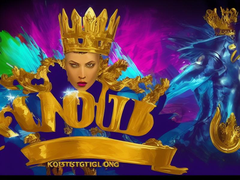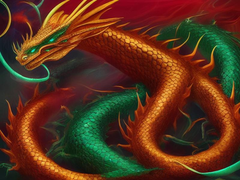
Mustikajitu is a renowned term in the realm of traditional Indonesian practices and mystical beliefs. This concept encompasses various aspects of spiritual guidance, rituals, and cultural heritage that have been deeply ingrained in Indonesian society for centuries. Understanding Mustikajitu involves delving into its historical roots, its significance in contemporary practices, and its impact on the cultural identity of Indonesian communities. This article aims to provide a comprehensive overview of Mustikajitu, exploring its origins, current applications, and its relevance in modern Indonesia.
Historical Background
Mustikajitu traces its origins to ancient Indonesian traditions where spiritual and mystical practices were central to societal functioning. These practices often involved the use of rituals, charms, and spiritual guidance to navigate life’s challenges. Historically, Mustikajitu was deeply intertwined with the region’s local belief systems, including animism and Hindu-Buddhist influences, shaping its unique character and significance.
Contemporary Significance
In today’s Indonesia, Mustikajitu continues to play a crucial role in various cultural and spiritual practices. It is often associated with rituals performed for personal protection, success, and harmony. Modern practitioners of Mustikajitu incorporate traditional methods with contemporary practices, maintaining its relevance in a rapidly evolving society. This blend of old and new helps preserve cultural heritage while adapting to present-day needs.
Impact on Cultural Identity
The influence of Mustikajitu extends beyond personal spiritual practices, significantly impacting Indonesia’s cultural identity. It fosters a sense of connection to ancestral traditions and contributes to the preservation of cultural diversity. By engaging in Mustikajitu, individuals and communities reaffirm their cultural roots and strengthen their collective heritage, ensuring that these practices continue to thrive in future generations.
In conclusion, Mustikajitu represents a rich tapestry of traditional beliefs and practices that remain integral to Indonesian culture. Its historical depth, ongoing relevance, and impact on cultural identity underscore its importance in both past and present contexts. As Indonesia continues to evolve, Mustikajitu remains a vital element in the preservation and celebration of its diverse cultural heritage.









